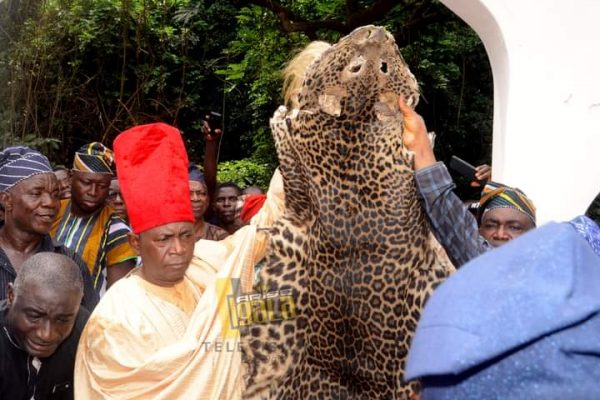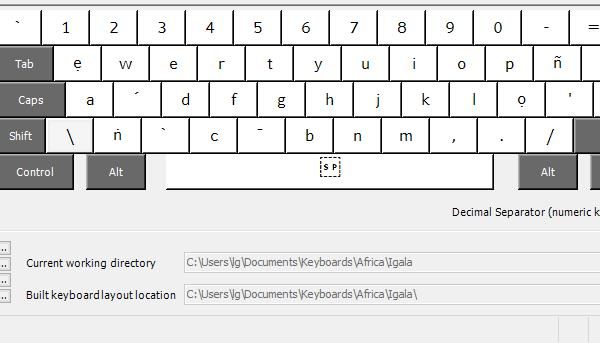The advancement of Igala literacy hinges on uncovering the hidden attributes of language—insights that only metalanguage can reveal and analyze.”
The advancement of Igala literacy hinges on uncovering the hidden attributes of language—insights that only metalanguage can reveal and analyze.”
The advancement of Igala literacy hinges on uncovering the hidden attributes of language—insights that only metalanguage can reveal and analyze.”
The advancement of Igala literacy hinges on uncovering the hidden attributes of language—insights that only metalanguage can reveal and analyze.”
The advancement of Igala literacy hinges on uncovering the hidden attributes of language—insights that only metalanguage can reveal and analyze.”
The advancement of Igala literacy hinges on uncovering the hidden attributes of language – insights that only metalanguage can reveal and analyze.





